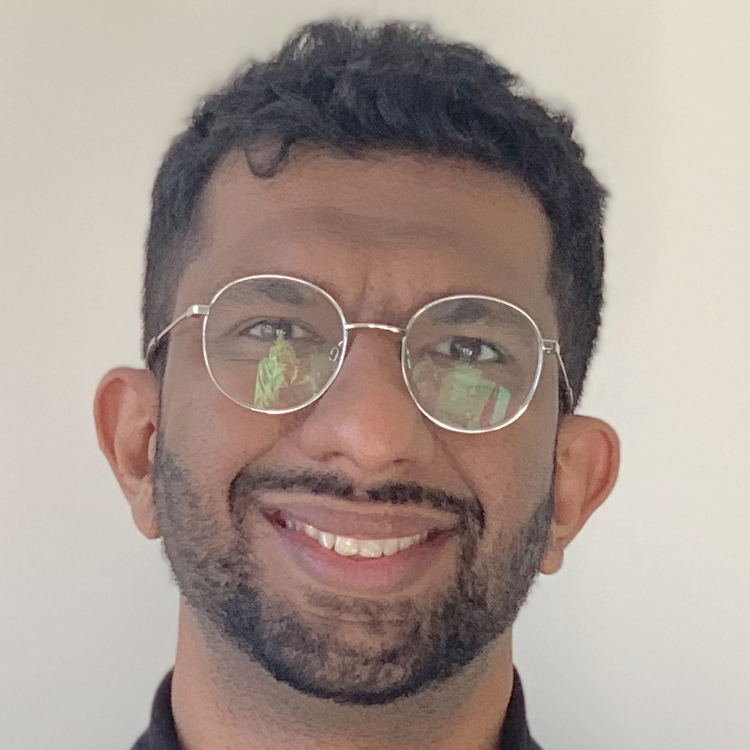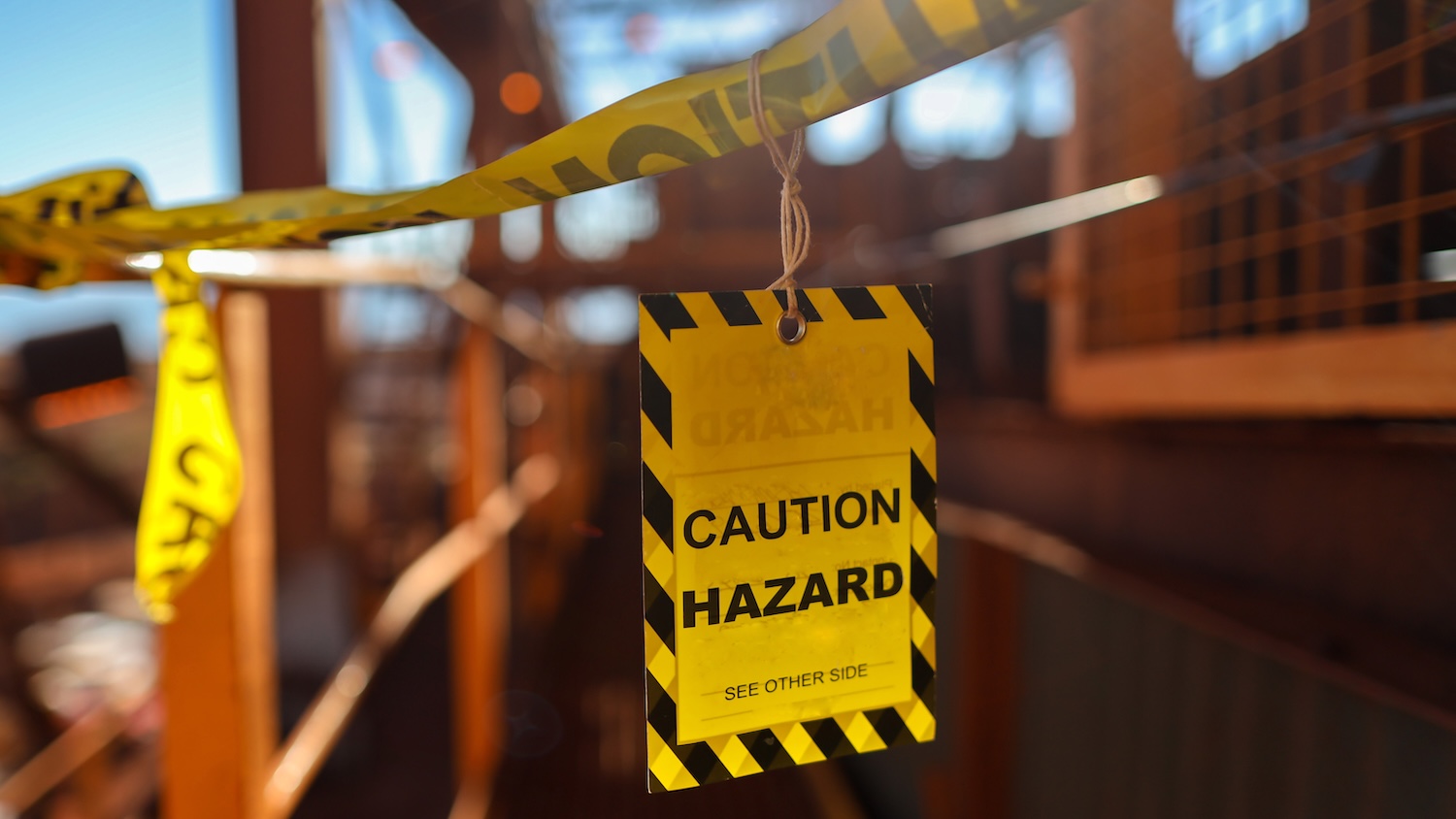
Why construction courses need a revamp
Equipping future construction professionals with the right skills and experience requires a new approach from academia and industry leaders
We are in an era in which ChatGPT has infiltrated academia, shaping traditional approaches and processes, and driving fundamental change.
We need to transform, adapt and be part of the change – or be pushed out.
I was recently recruited by a college in Canada to assist with preparing and teaching a new four-year Bachelor’s degree in construction technology. I have never taught before, but I was up for the challenge.
I’ve been working in the construction sector for just over 10 years. As a CIOB Tomorrow’s Leader for the Americas, I am well acquainted with local students and the struggles they face.
I wanted to try something different, hoping to make a meaningful change or plant the seeds for a change that might inspire others to follow suit.
Understanding the pain points
The first step I took was to listen to the students. This was helpful as I understood the pain points, which were:
- The programme was heavy on theory and didn’t provide sufficient exposure to the real world.
- Classes were not interactive and some students were not engaged, which had an impact on attendance.
- Could students remember anything after the exam? For many, the answer was no; they just wanted to obtain a degree, then move on and learn on site.
Interestingly, the last sentiment really moved me. What was the point of spending so much money, time and effort just for a certificate that only allowed graduates to get in the door?
Wouldn’t it be better to find a way to integrate the theory with the knowledge that can be obtained from site visits and engaging with industry leaders?
I spent the next six months developing a course that would be:
- Engaging
- Allow participation
- Give students more control
- Build hunger in students so they wanted to return and get more out of the programme.
Expect the unexpected
Every class had a session that was not planned. This provided an important and frustrating lesson for a few students who did not enjoy the surprise – when you go out into the real world, no two days will be the same. So, you need to be prepared and confident, and work with the team to solve problems.
The class had a theory session and a lab day conducted in the labs at Dufferin Concrete, Unilock and Sola Engineering.
This allowed them to meet lab technicians and engineers on site to gain a better understanding of their day-to-day responsibilities, ask questions and perform lab tests with them.
Students should be engaged with industry trends and know what’s going on in the real world. They need to be aware of the latest technologies, the key companies in the industry and the type of projects they are delivering.
Rather than just knowing the correct formula for making the right mix of concrete, they must understand the challenges involved in maintaining productivity with high turnover.
They must also understand the risks involved in signing contracts in a pandemic, how to safeguard a company from penalties, and how to react if an accident occurs on a construction site.
There should be less memorising, and more understanding and critical thinking. Students should be able to distinguish between good and bad practices, and only adopt the good practices.
Improving academic standards
The quality of students graduating from the courses will improve, enabling them to add more value to the projects they are hired to work on.
Improving the quality of academic programmes will result in other colleges and universities adopting similar practices. A more hands-on approach will encourage the younger generation to join the construction industry, rather than steer away from it.
The students I worked with have attended all classes and enjoyed the learning experience.
The course ignited their hunger and they have now joined the CIOB as student members, looking to work towards the structured training programme after graduation to become chartered.
However, the industry also has a role to play to support more innovative academic courses and engage with students.
Construction leaders must participate more by opening their doors to students, allowing them to engage with construction professionals and learn more about the variety of roles available.
Construction firms should also establish more structured training programmes for graduates and students during the summer break. This will allow the next generation to be exposed to all aspects of the industry and gain valuable experience of construction processes.
Hamza Momade MCIOB is a construction manager at Roni Group, professor of construction management at Ontario’s Durham College, and a member of CIOB People’s editorial board.
Listen to CIOB’s 21CC podcast to hear more from Hamza Momade and other Tomorrow’s Leaders on the one thing they would like to change about the construction industry.
Comments
Comments are closed.







Having spent the last 17 years in the world of academia I can’t agree more with the sentiments expressed in this article. Higher Education needs a good old shake up and industry collaboration is key.
I’ve been doing it alone for some time and am now leaving and everything I do/did will be leaving with me. Such a shame, all the students said my module was their favourite 🤷♂️
In my time as a senior lecturer and course lead at Oxford Brookes and a member of CIOB’s Accreditation Panel I saw, oversaw and encouraged many such innovations and industry collaborations, to good effect. I am not convinced that ‘a good old shake up’ is needed, although there is much to be said for critical reflection. It could be hard at times to get ‘industry’ to play its part in preparing students for the industry of today and the future. Time is money and investing in the future can take focus away from winning work and seeing it through today.
Note the ‘ups-and-downs’ regarding prefabrication and long-term ‘commitment’. Perhaps ‘industry’ (and government support?) might benefit from a ‘good old shake up’? (I would not claim that ‘all the students said my module was their favourite’- maybe some hubris there Tim? ;-)
I too transitioned from industry to academia; it took me a long time to work out how to do it, and I am sure I am not alone in thinking this, but it is possible to make a course engaging and participative while also being grounded in construction theory. In fact the most effective way of working with the ‘infiltration of Chat GPT’ is to engage the students in critical thinking; in fact it’s the only way. It’s requires a lot of perseverance and energy (not everyone wants to ‘think’ in the classroom), but the majority of students appreciate a discursive and challenging approach. Good luck, Hamza.